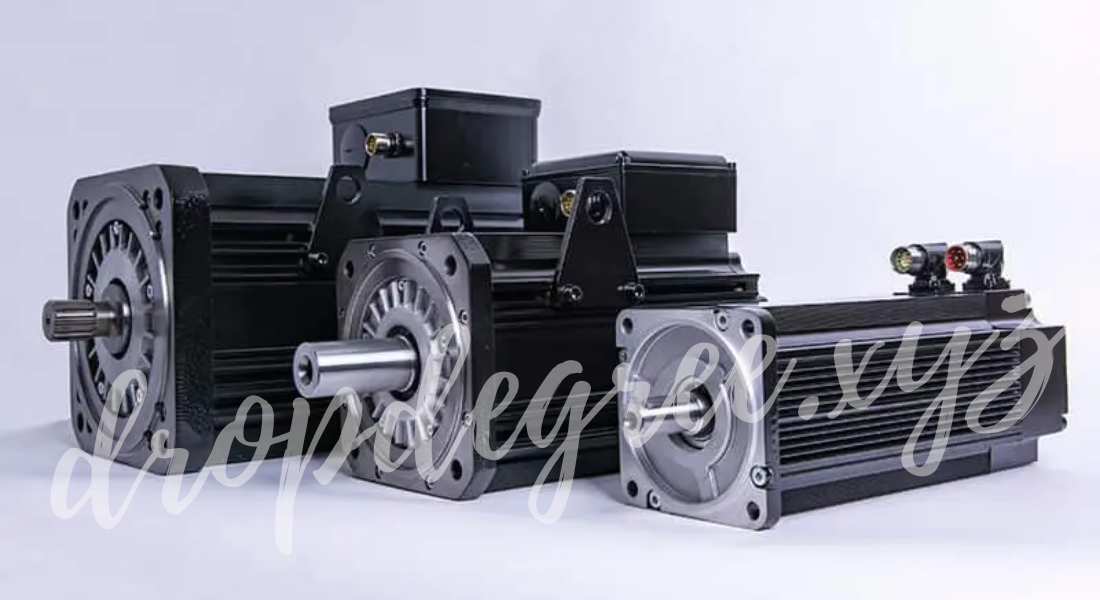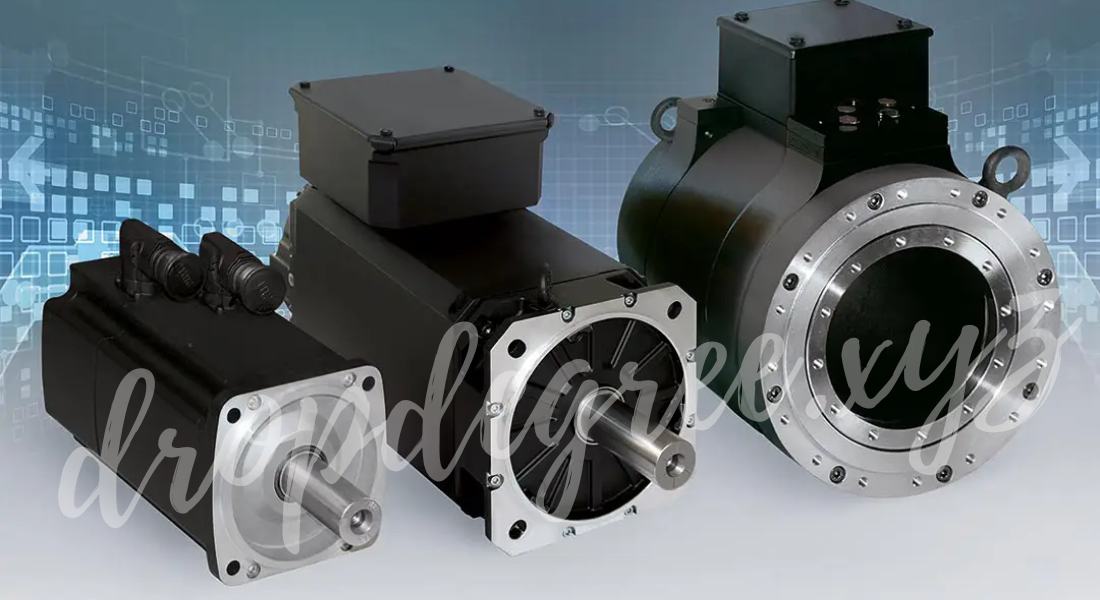In today’s fast-paced world, industries constantly evolve, necessitating more efficient and specialized equipment to meet diverse operational demands. Among the most critical components in various machinery are electric motors. While standard electric motors serve many purposes, a growing need exists for custom electric motors designed to fit unique applications. These tailored solutions offer significant advantages in performance, efficiency, and longevity. In this article, we will explore the intricacies of custom electric motors, their benefits, the design and manufacturing process, and their applications across different industries.
Understanding Custom Electric Motors
What Are Custom Electric Motors?
Custom electric motors are specifically designed and manufactured to meet unique specifications that off-the-shelf motors cannot fulfill. Unlike standard electric motors, which may offer a one-size-fits-all solution, custom motors provide tailored functionality to suit diverse applications across various industries. Engineers create these motors to address specific requirements, whether regarding size, power output, speed, torque, or environmental conditions.
For instance, a manufacturer may need a motor that operates efficiently at a specific RPM (revolutions per minute) to match their production line’s needs, or they might require a motor that can withstand extreme temperatures or corrosive environments. By opting for a custom solution, businesses can optimize their equipment for maximum efficiency and performance, significantly enhancing their operational capabilities.
Why Choose Custom Electric Motors?
- Enhanced Performance: Custom motors operate at specific speeds and torques, ensuring optimal performance in their intended applications. This tailored approach enhances the overall performance of the machinery.
- Improved Efficiency: Standard motors may not provide the best efficiency for all applications. Engineers design custom electric motors to reduce energy consumption, leading to lower operational costs and a reduced carbon footprint.
- Longevity and Reliability: Custom designs often consider the unique environmental conditions of an application, such as temperature extremes, humidity, and exposure to dust or corrosive substances. This results in more durable motors that require less maintenance and have a longer lifespan.
- Space Optimization: Space constraints frequently dictate the size and shape of an electric motor. Engineers create custom solutions to fit precisely within the available space, ensuring seamless integration into existing systems.
The Design and Manufacturing Process
Step 1: Requirement Analysis
The first step in developing custom electric motors involves a thorough analysis of the requirements. Engineers collaborate with clients to understand the specific needs, including:
- Application type (e.g., industrial, commercial, residential)
- Power requirements
- Size constraints
- Environmental factors
- Performance specifications
Step 2: Design
Once the requirements are clearly defined, engineers begin the design process. This phase involves:
- CAD Modeling: Engineers create computer-aided designs (CAD) to visualize the motor and its components, ensuring that all specifications meet the defined criteria.
- Material Selection: Choosing the right materials is crucial for performance and durability. Engineers consider factors such as conductivity, temperature resistance, and weight.
- Prototyping: A prototype often undergoes testing before full-scale production. This step allows for adjustments and improvements based on performance evaluations.
Step 3: Manufacturing
After finalizing the design, the manufacturing process begins. This phase includes:
- Precision Machining: High-tech machinery manufactures motor components with precision, ensuring that they meet the specified tolerances.
- Assembly: The assembly process involves carefully putting together the components to create the final motor. Quality control checks occur throughout this stage to ensure that the assembly meets all standards.
- Testing: Before shipping, each custom electric motor undergoes rigorous testing to confirm its operation according to the specified requirements. This testing may include performance assessments, durability tests, and safety evaluations.
Step 4: Delivery and Support
After passing testing, manufacturers deliver the motors to the client. However, the process doesn’t end there. Manufacturers often provide ongoing support and maintenance services to ensure that the motors continue to perform at their best throughout their lifespan.

Applications of Custom Electric Motors
Custom electric motors find applications in various industries, each requiring unique specifications. Here are some common areas where custom motors prove indispensable:
1. Automotive Industry
In the automotive sector, manufacturers utilize custom electric motors in electric vehicles (EVs) and hybrid vehicles. These motors must meet strict performance requirements for efficiency, torque, and speed, making custom designs essential for optimizing vehicle performance.
2. Manufacturing and Robotics
In manufacturing, custom electric motors drive conveyor systems, robotic arms, and automated machinery. Engineers tailor these motors for specific tasks, ensuring precision and reliability in operations. For example, motors used in robotic applications may need to be compact yet powerful, capable of precise movements.
3. HVAC Systems
Heating, ventilation, and air conditioning (HVAC) systems rely heavily on electric motors. Engineers design custom motors to fit specific airflow and temperature control requirements, enhancing energy efficiency and reducing operational costs in commercial and residential buildings.
4. Renewable Energy
Custom electric motors play a vital role in renewable energy applications, such as wind turbines and solar tracking systems. These robust and efficient motors harness energy effectively while adapting to varying environmental conditions.
5. Medical Equipment
In the medical field, precision remains crucial. Engineers use custom electric motors in devices such as MRI machines, surgical instruments, and diagnostic equipment, where reliability and accuracy significantly impact patient outcomes.
6. Aerospace
The aerospace industry demands high-performance electric motors for applications like actuation systems, landing gear, and avionics. Custom solutions ensure that motors withstand extreme conditions while maintaining optimal performance.
The Future of Custom Electric Motors
As technology continues to advance, the demand for custom electric motors is expected to grow significantly. Innovations such as smart motors, equipped with integrated sensors and IoT connectivity, are on the rise. These advanced features enable real-time monitoring, diagnostics, and performance optimization, which can lead to increased operational efficiency and reduced downtime. Manufacturers are increasingly adopting predictive maintenance strategies. Leveraging data analytics to foresee potential issues before they escalate, thereby minimizing costly repairs and enhancing reliability.
Moreover, the push for sustainable practices and energy efficiency is transforming the landscape of electric motor design. Companies are prioritizing custom solutions that not only meet specific performance requirements but also contribute to lower energy consumption and a reduced environmental impact. As industries strive to meet stricter environmental regulations, the development of energy-efficient motors that comply with global standards becomes crucial. Custom electric motors designed for enhanced efficiency will play a vital role in supporting renewable energy applications, such as wind and solar, furthering their contribution to a greener future.
Conclusion
In conclusion, custom electric motors represent a critical innovation in various industries. Offering tailored solutions that enhance performance, efficiency, and longevity. By investing in custom designs, businesses can optimize their equipment for specific applications, ultimately leading to improved operational efficiency and reduced costs. As industries continue to evolve, the importance of custom electric motors will only increase, paving the way for more advanced, efficient, and sustainable technologies. Whether in automotive, manufacturing, renewable energy, or medical applications, custom electric motors serve as the backbone of modern machinery. Ensuring that every operation runs smoothly and effectively.
For businesses looking to improve their equipment performance, considering custom electric motors could be the key to achieving their operational goals and staying ahead in a competitive market.
